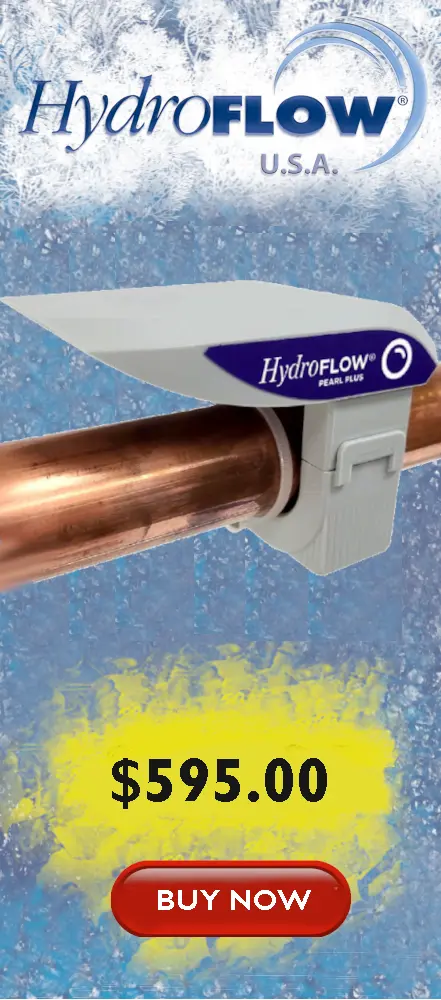Iowa
Water Quality in the State of Iowa
Iowa, home to 3.1 million residents is known for its rolling hills and its many cornfields and plains. The birthplace of John Wayne and home to numerous “Worlds Largest” such as “The world’s largest Strawberry” in Strawberry Point IA and “The World’s Largest Wooden Nickel” in Iowa City IA. This is the only state, whose east and west borders are formed entirely by rivers. The water supply for Iowa comes from rivers, lakes, reservoirs and aquifers. Two large water sources for the state are the Mississippi River and the Jordan Aquifer.
Water Hardness Summary
Iowa water is considered hard to very hard. The average water hardness for the Iowa resident Is 100-300 PPM. Des Moines, the most populous city in Iowa has a water hardness level of 157 PPM. Waterloo has very hard water according to USGS hard water measures with 297 PPM.
For more information on water hardness in specific cities, please see the table below.
PPM = Parts Per Million
mg/L = Milligrams Per Liter
gpg = Grains Per Gallon
Farming, Food Processing and Water Hardness
Iowa’s top producing revenue is agriculture and food processing. Iowa’s top five agricultural products are hogs, corn for grain, soybeans, cattle and dairy products. Meatpacking plants are a vital part of Iowa’s economy. Other food processing plants in Iowa are corn oil, cornstarch, corn sugar and glucose. Iowa is also home to one of the largest cereal mills and one of the largest popcorn-processing plants in the country.
As a great deal of Iowa has water rich in calcium (the primary source of water hardness), many farms and food processing plants experience issues related to scale buildup in their irrigators and equipment. In addition, contaminants polluting soil and waterways have increased greatly over the past few decades and there is a greater need for waste and chemical control. Many farmers are looking for eco-friendly solutions that can increase the quality and yield of their crops while saving water. Read more about how HydroFLOW can increase crop yield.
Solutions to your Water Quality Problems
Fixing your water quality issues in the state of Iowa will depend on your specific water source. It is best to test your potable water supply in order to get a better understanding of your water quality. Testing is relatively cheap. The test results will allow you to understand if your potable water has issues that need to be addressed. Common solutions to water contamination problems may include a water filtration system, a reverse osmosis system or other whole home water treatment solutions.
A problem that almost all Iowa residents will have to deal with is hard water. One old-fashioned, inefficient, expensive and unhealthy method to treat hard water is with a salt-based water softener. Most people don’t realize that if you’re using a water softener you are basically removing calcium and magnesium from your drinking water and adding salt to your diet. In addition, many states are banning the use of salt-based water softeners.
Alternative water treatment solutions such as “water conditioners” have been gaining popularity in recent years because they are cheap to operate and the best eco-friendly solution for hard water. Hydropath technology, which powers the HydroFLOW water conditioners is by far the most efficient and cost-effective eco-friendly solution to deal with hard water problems. To learn more about how HydroFLOW solves the problems created by hard water, please check out our technology page. You might want to read this blog that explains the difference between water conditioners and water softeners: Water Conditioner vs. Water Softener Blog.


